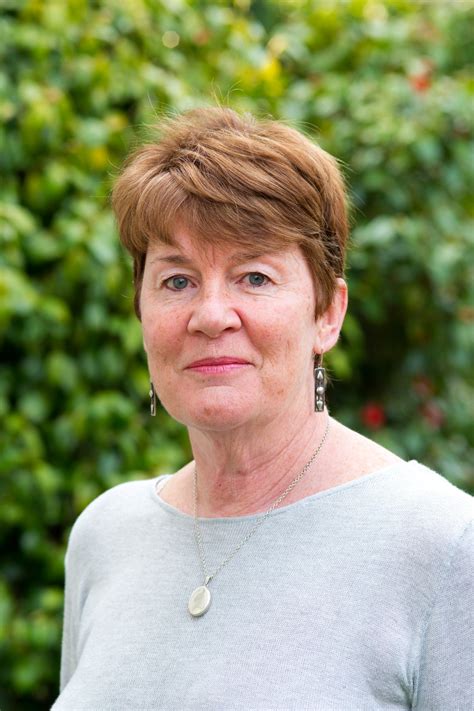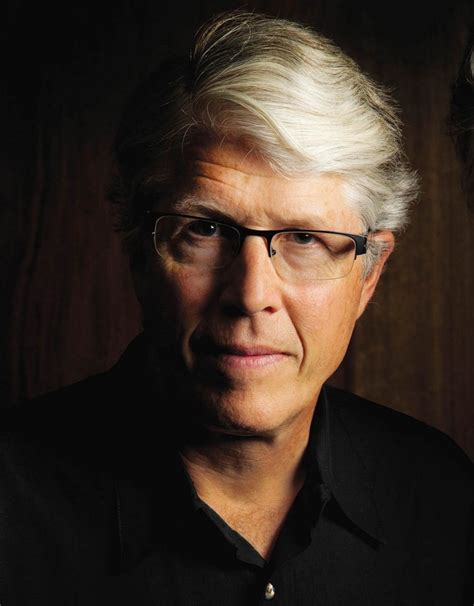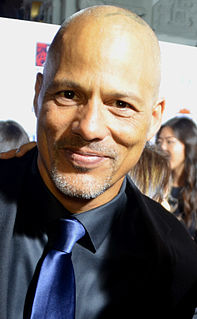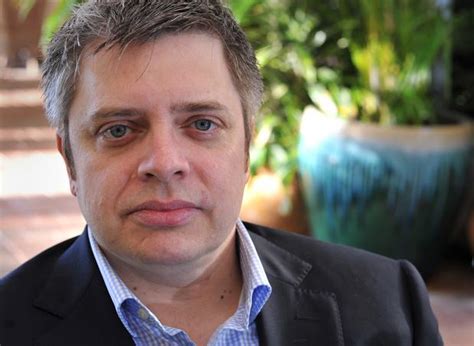A Quote by Fiona Barton
When you start writing fiction, you have to learn to invent, and it's very hard at the beginning to stop relying on facts and what you've heard.
Related Quotes
I was writing novels at eight. It was a science fiction epic, which went by the unimprovable title of 'Another Kind of Warrior.' I'd write it beginning to end, but when I'd finished it, I was another year older. The quality of writing and thought changed radically, so I'd start it again. I re-wrote that same book until I was 16.
Writing fiction is very different to writing non-fiction. I love writing novels, but on history books, like my biographies of Stalin or Catherine the Great or Jerusalem, I spend endless hours doing vast amounts of research. But it ends up being based on the same principle as all writing about people: and that is curiosity!
Writing fiction is not a profession that leaves one well-disposed toward reading fiction. One starts out loving books and stories, and then one becomes jaded and increasingly hard to please. I read less and less fiction these days, finding the buzz and the joy I used to get from fiction in ever stranger works of non-fiction, or poetry.
































